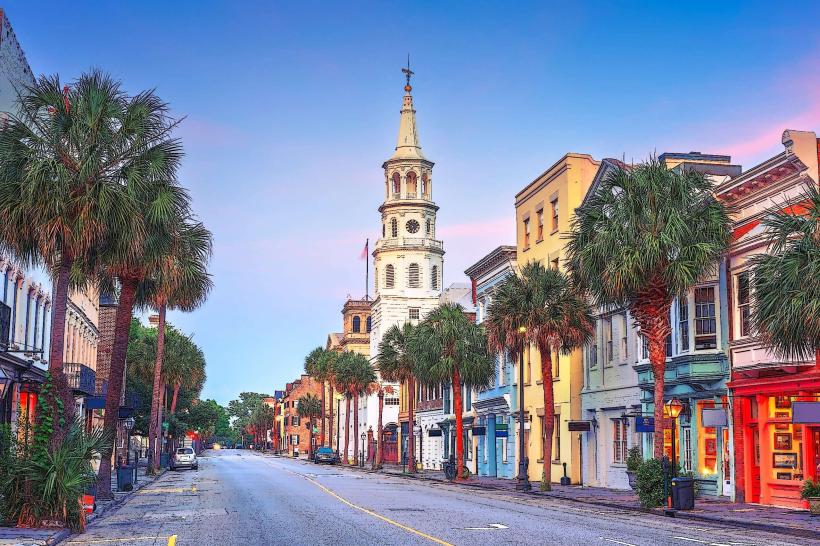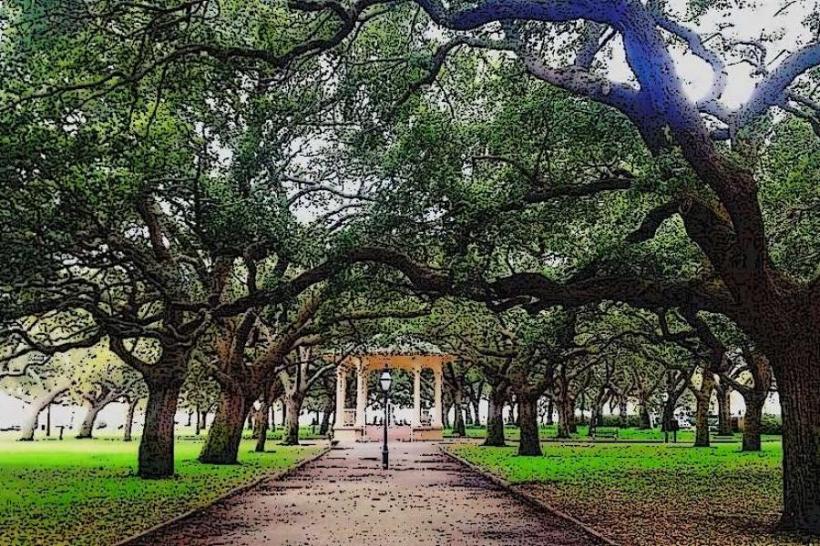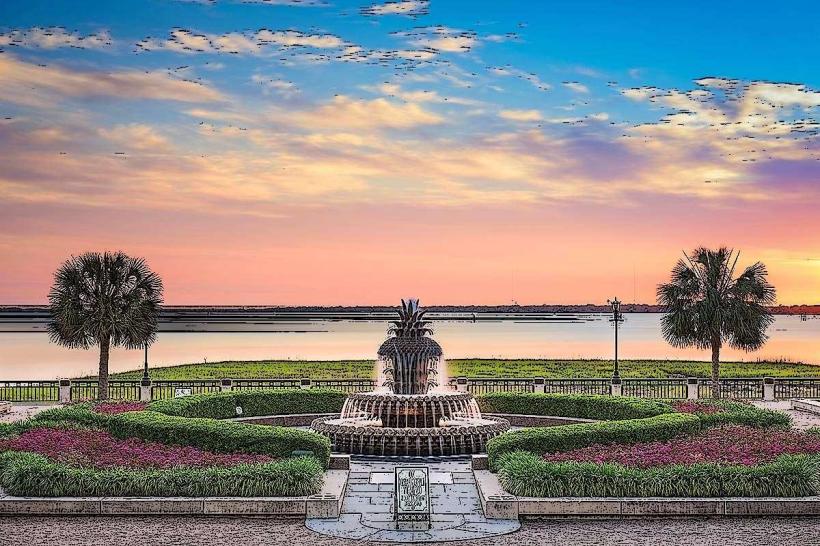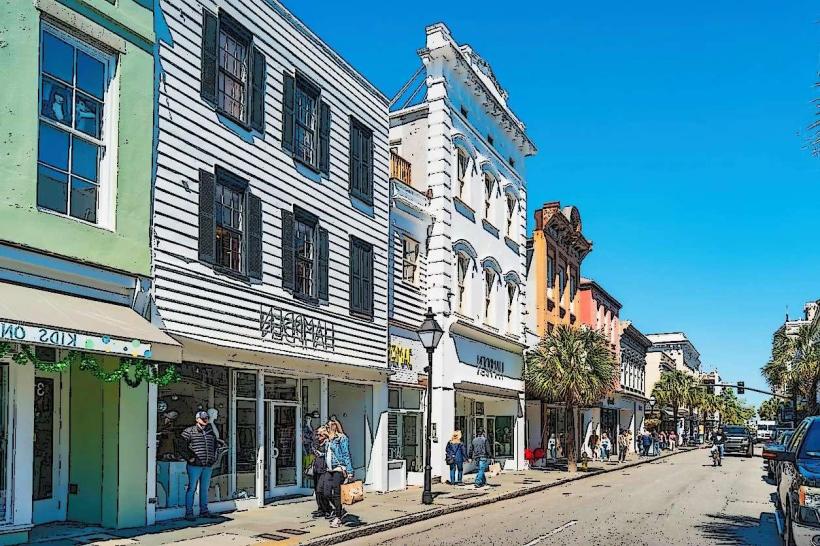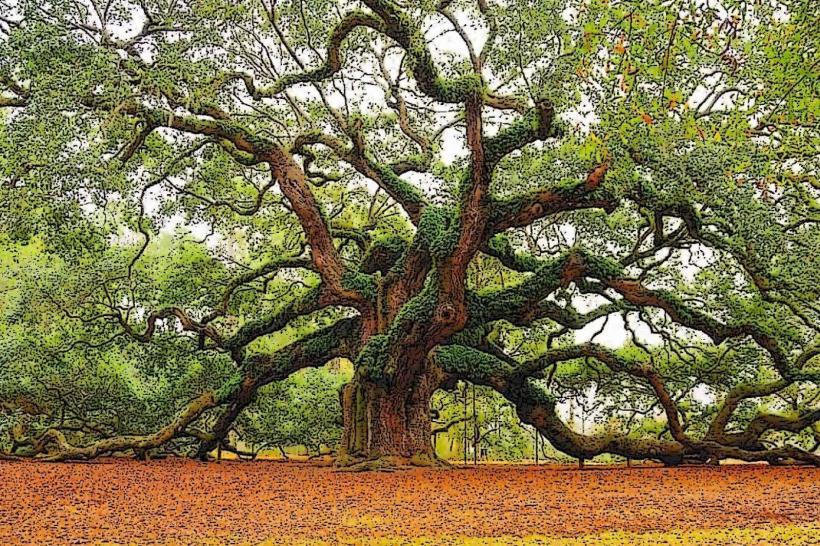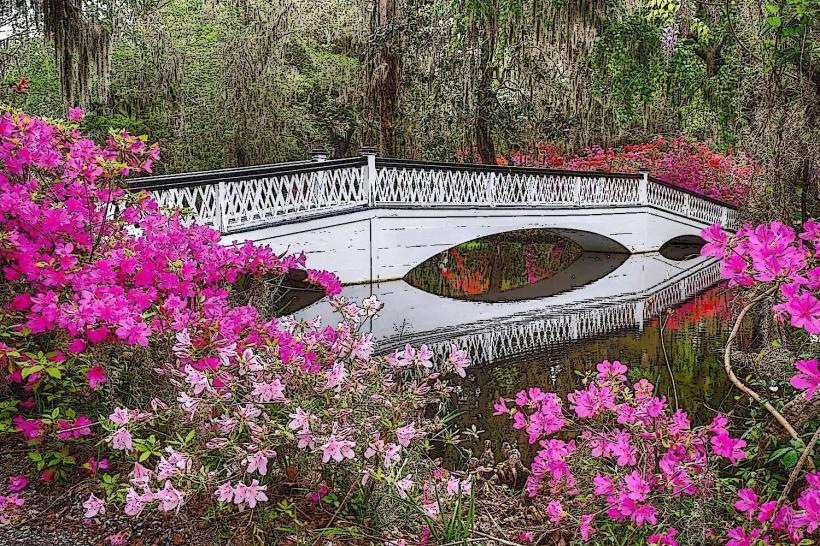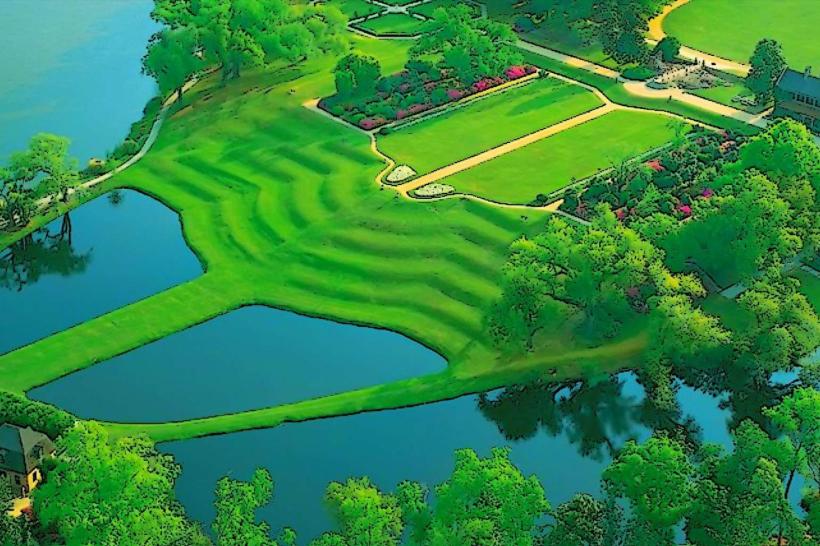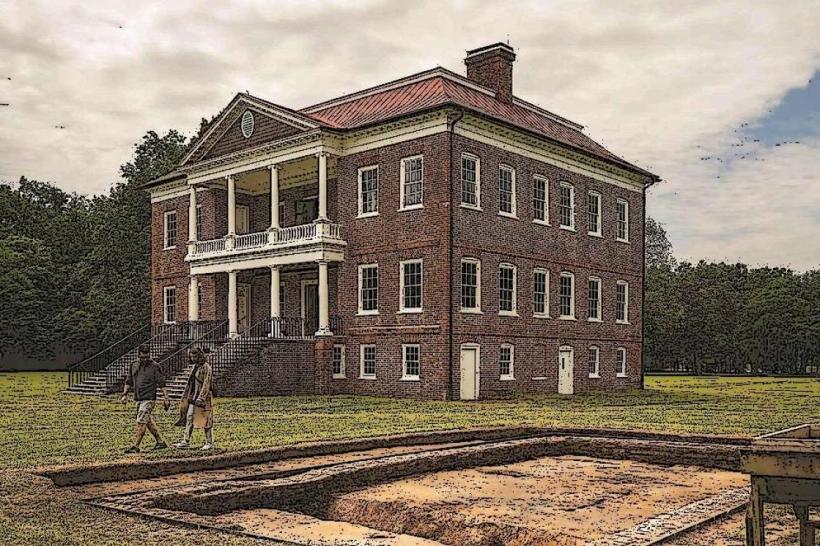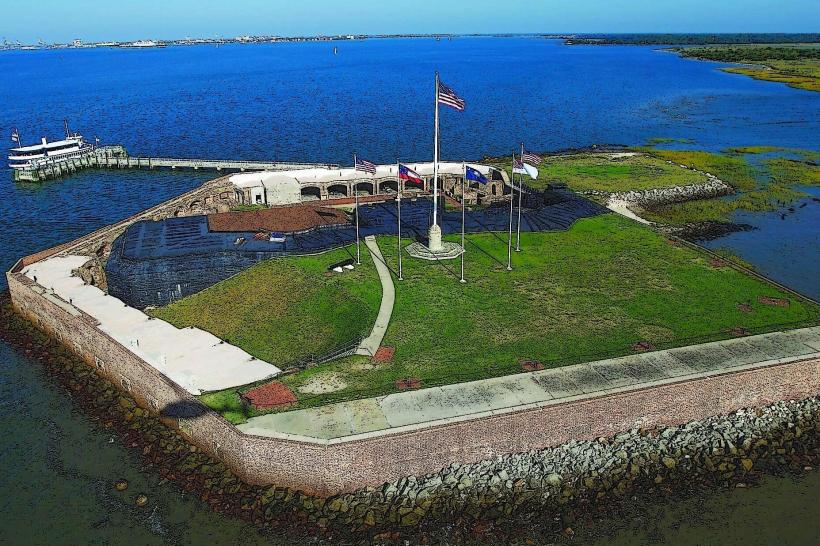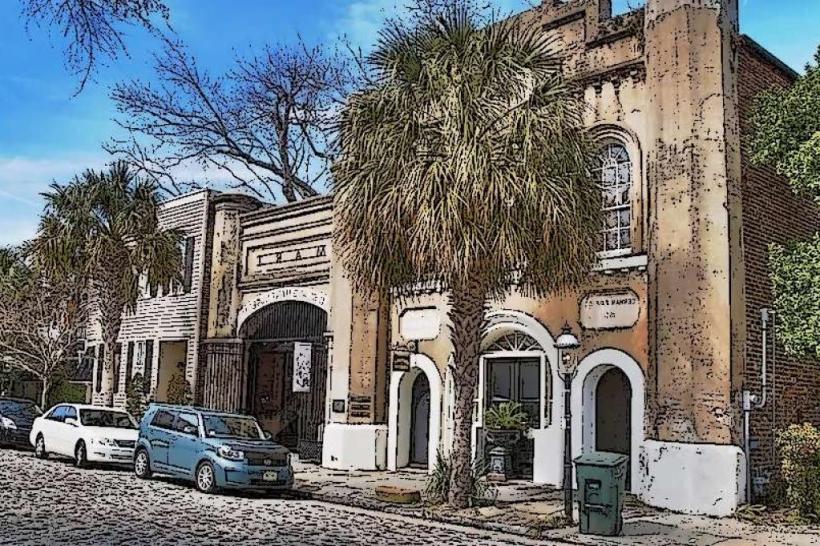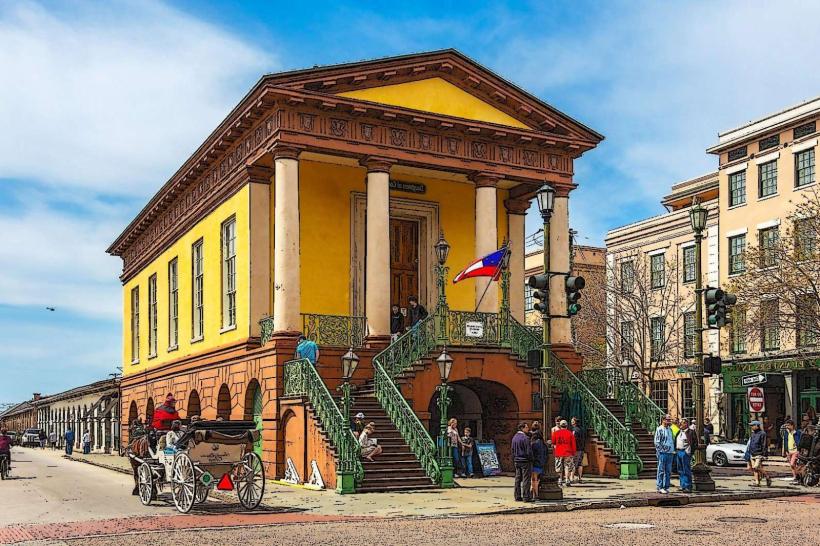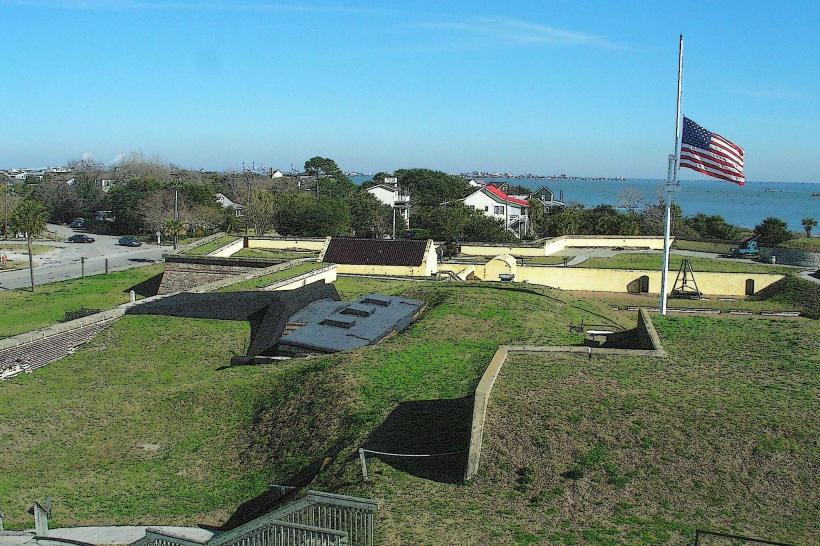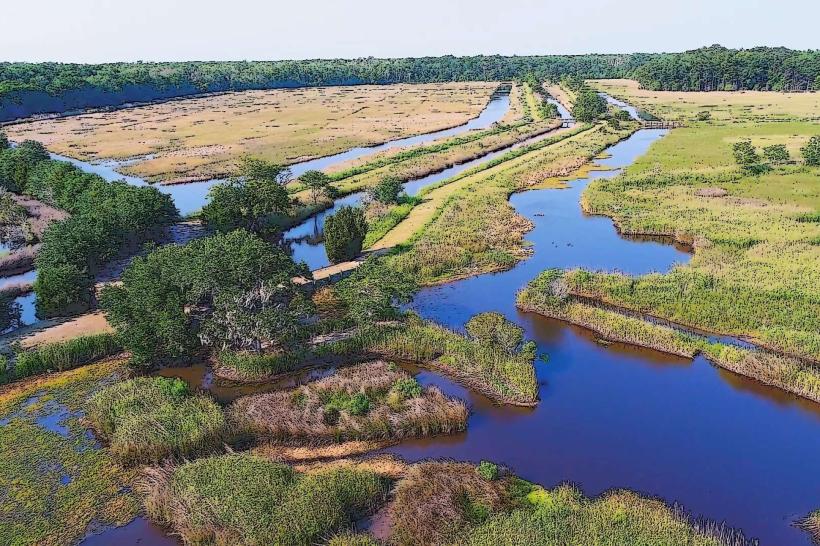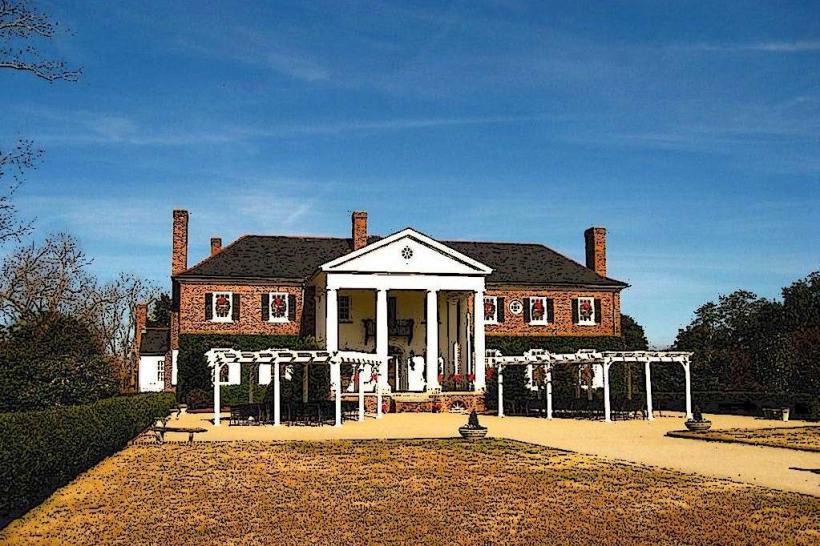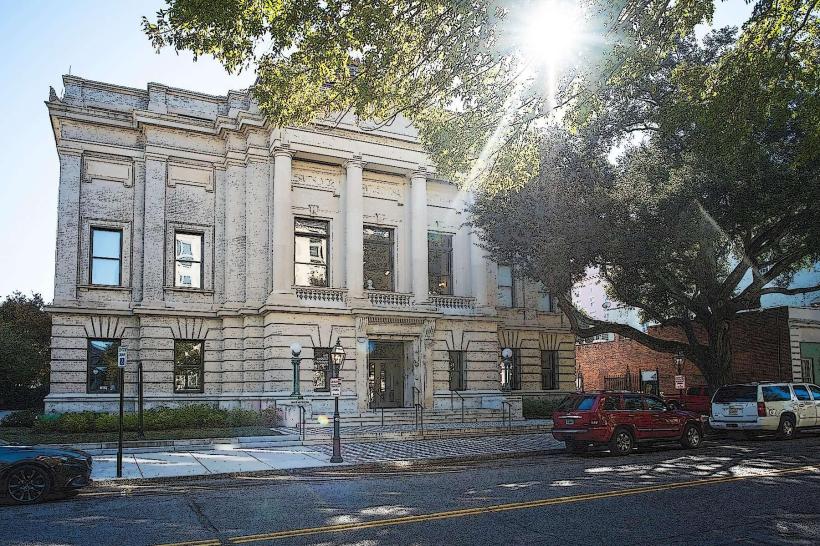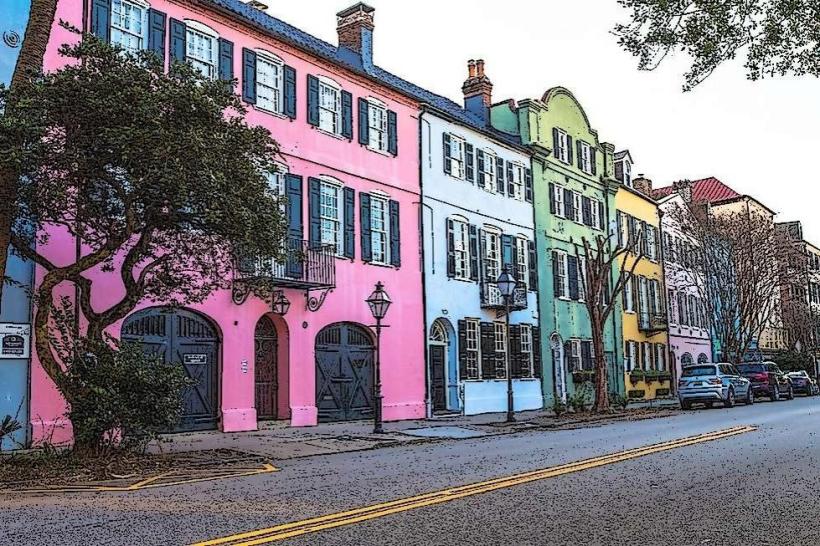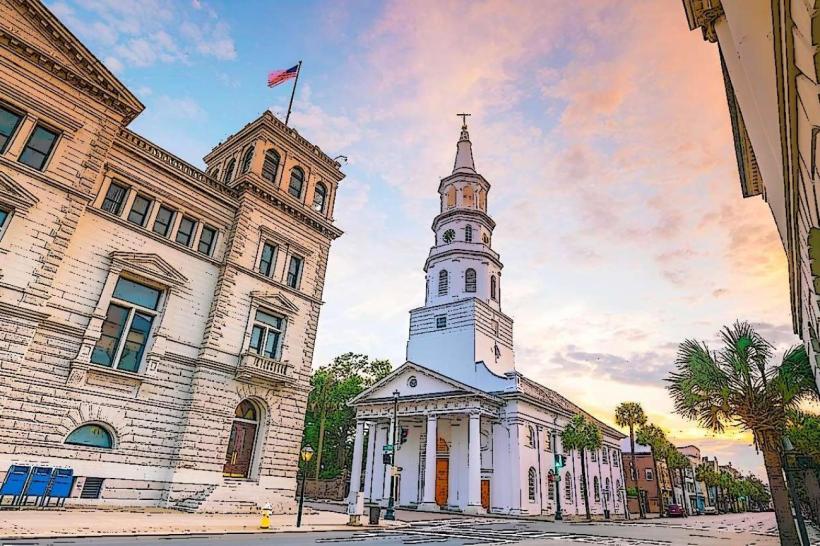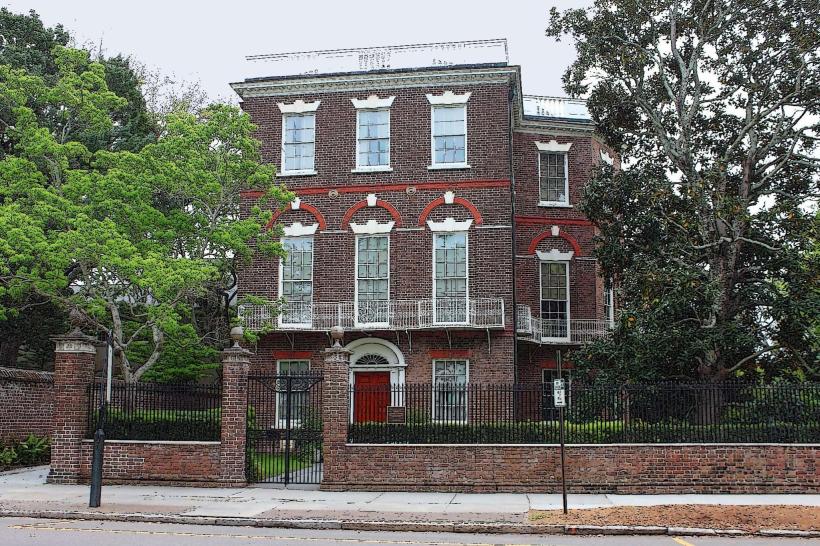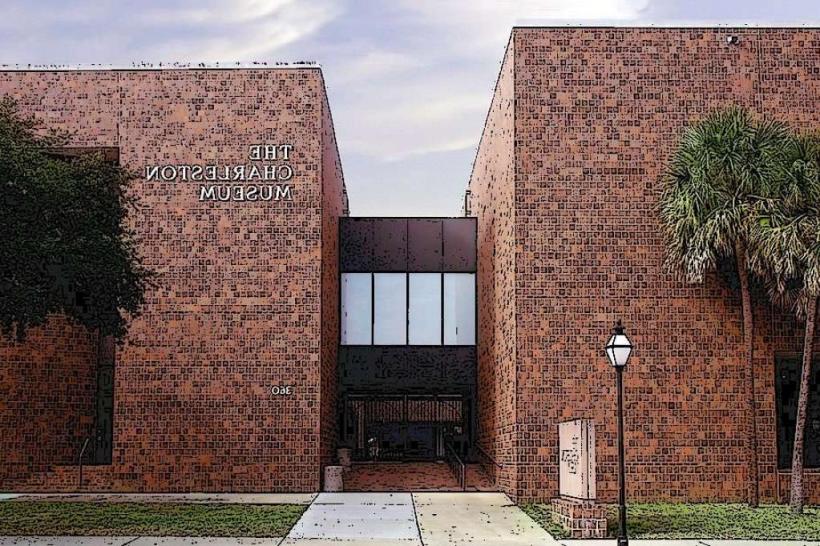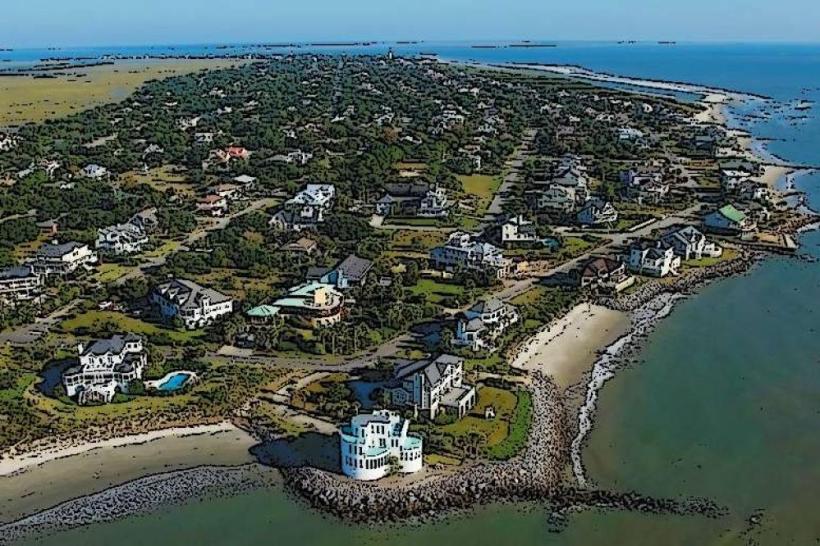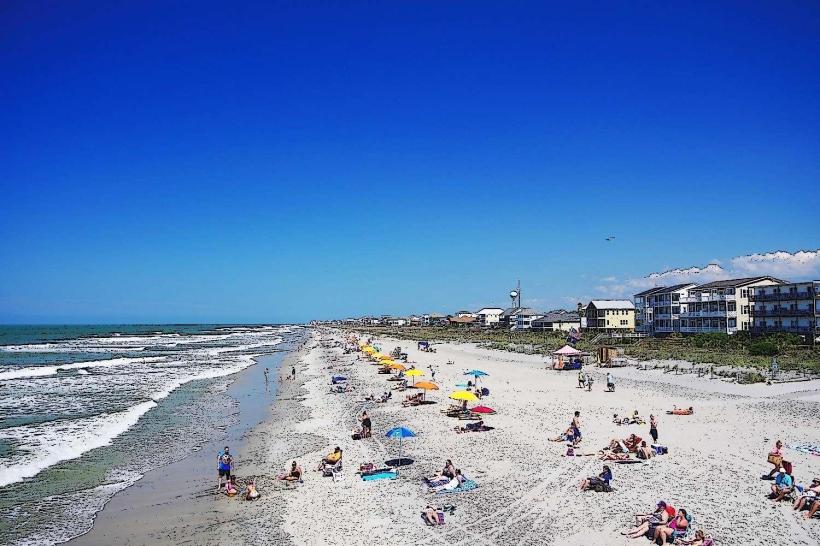Information
Landmark: Charleston Tea GardenCity: Charleston
Country: USA South Carolina
Continent: North America
Charleston Tea Garden, Charleston, USA South Carolina, North America
Overview
Charleston Tea Garden sits pretty on Wadmalaw Island south of Charleston in South Carolina as quite a singular agricultural draw, to boot it holds distinction of being Americas only large-scale tea plantation and offers visitors a fascinatingly quirky glimpse into tea cultivation amidst gorgeous grounds.Tea was originally grown on an island as early as late 18th century but commercial tea farming began in earnest much later, moreover bigelow Tea Company established Charleston Tea Garden in 1980s after purchasing plantation and subsequently developing it painstakingly into working tea farm, relatively It carries on tradition of tea production in region and produces tea commercially on fairly large scale in America nowadays, alternatively r.C, also bigelow Tea Plantation was formerly known as a site bearing that name.Situated rather obscurely on Wadmalaw Island amidst Charleston County's vast rural Lowcountry, simultaneously plantation sprawls over 127 acres of lush tea fields visible from high vantage points along popular tour routes nearby, relatively Neat rows of tea bushes stretch across landscape dotted with oak trees heavily draped in Spanish moss amidst Lowcountry marshlands, at the same time attractions and visitor experience intertwine intricately within sprawling exhibition spaces, under certain circumstances As you can see, Free guided trolley tour through plantation and tea processing factory makes visit utterly memorable, moreover visitors discover tea plants being cultivated extensively outdoors and carefully pruned by hand using aged techniques and some novel gizmos daily.Mechanical harvesting methods utilize heavily modified equipment specifically adapted for plucking tea leaves quickly.Drying and rolling and packaging processes happen inside the rather large factory under dim fluorescent lighting.The tour explains distinctions between various types of tea including black and green and white and production methods unique to each type somehow.Randomize sentence length between 5 and 24 words quite thoroughly and quite randomly for better text flow and interest, on top of that on-site visitor center offers tea tastings where guests sample quirky blends of American-grown tea for free under rustic wooden chandeliers.Gift shop showcases quirky Charleston Tea Garden goodies including loose-leaf teas and ridiculously specialty blends alongside teaware and kitschy local souvenirs somehow, in turn beautifully maintained gardens featuring tea plants and native Lowcountry flora surround the estate with lush extremely verdant scenery daily.Scenic walking paths and secluded picnic areas offer tranquil spots for leisurely strolls amidst lush natural surroundings with abundant wildlife, then vibrant seasonal blooms flourish beside butterfly gardens thereby significantly enhancing visitor experience greatly inside large conservatories and outdoor areas.Charleston Tea Garden stresses educating visitors globally on tea history and locally on cultural nuances with considerable fervor.Sustainable farming practices are showcased on plantation expanses.Science informs tea cultivation and tea processing procedures thoroughly.Interactive exhibits featuring knowledgeable guides enrich visitors' comprehension of tea's integral role in agricultural sectors and commercial enterprises.Visitors acquire intricate knowledge amidst tea plants under serene plantation ambiance, subsequently charleston Tea Garden hosts various seasonal bashes including tea-tastic festivals and workshops with tastings for family-friendly farm frolics.Location is 6617 Maybank Highway on Wadmalaw Island in South Carolina.Daily hours generally span from 9 AM until 5 PM although they fluctuate pretty wildly with seasons.Tours and general admission are on the house but you can pony up for swag and fancy teas.Most areas are wheelchair accessible for mobility-impaired visitors mercifully.Bountiful free parking is available on site rather handily.Rare and authentic Lowcountry ag experience gets blended pretty seamlessly with hands-on learnin and gorgeous vistas at this tea garden, loosely Visitors get a gander at tea-making from field cultivation right down to steeping in cup within a serene countryside backdrop, simultaneously it stands out as a singular destination showcasing Charleston's quirky contributions to American agriculture and obscure facets of tea culture rather vividly., almost
Author: Tourist Landmarks
Date: 2025-08-07

